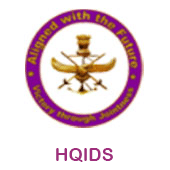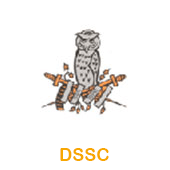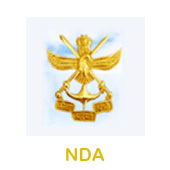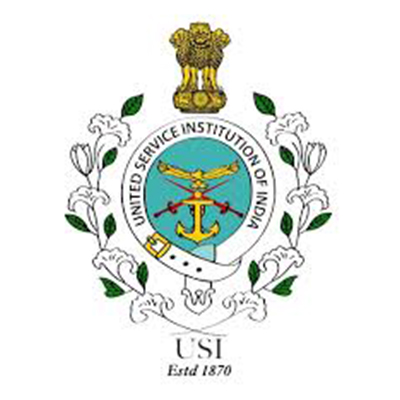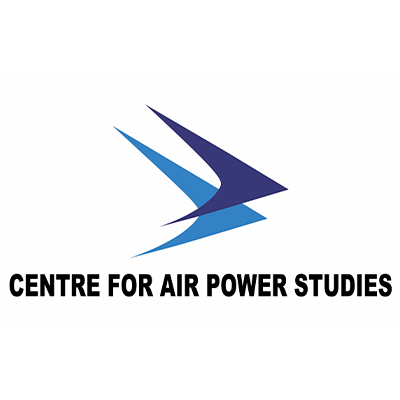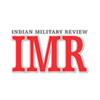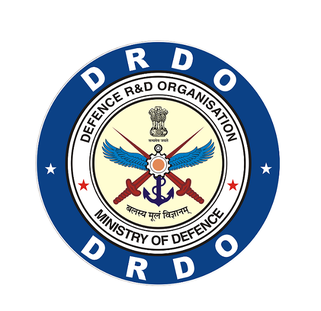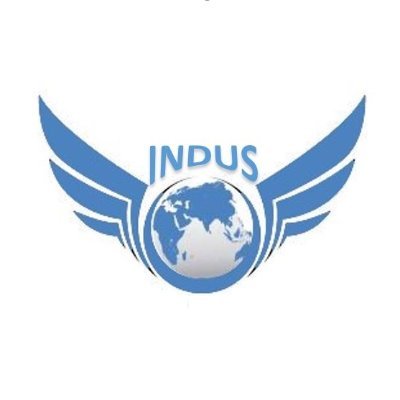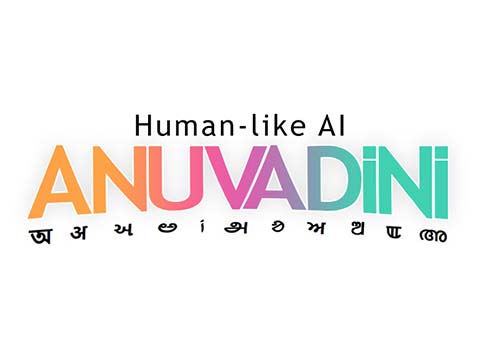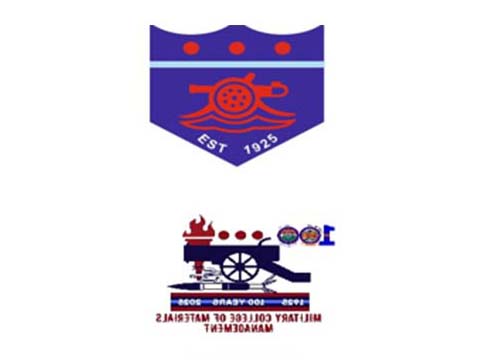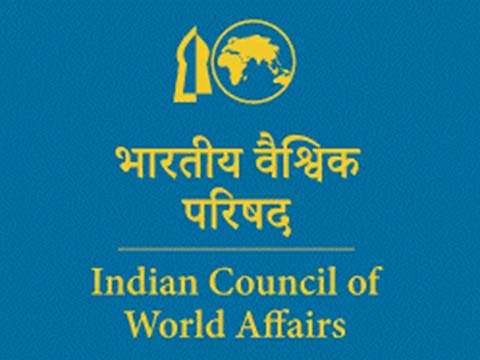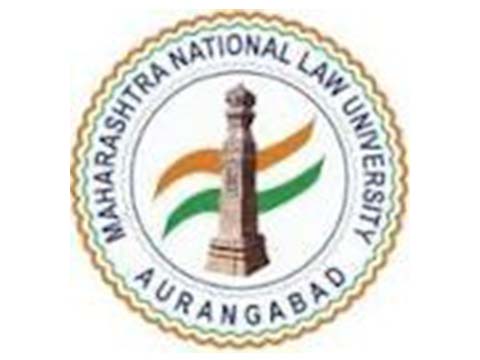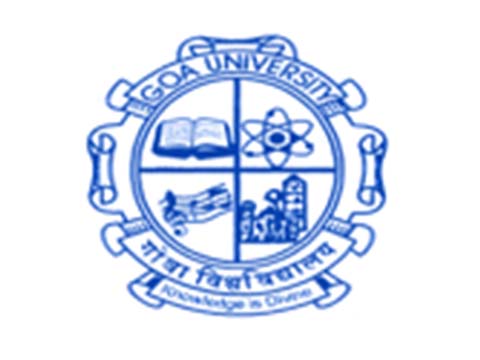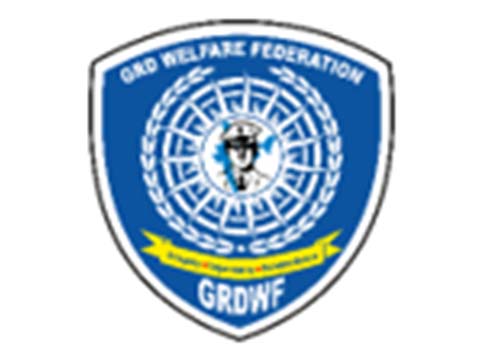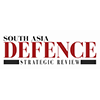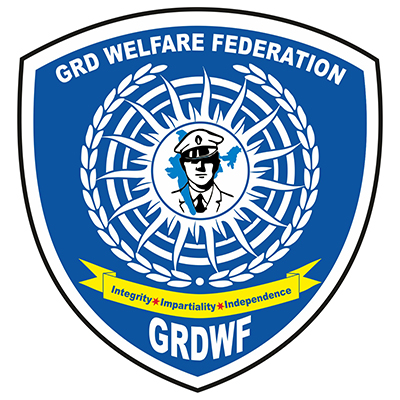Seminar | 06-Nov-2019
Posted on | 30-Nov-2019
PROCEEDINGS OF SAUDI ARABIA WKSP BY CAPT KK AGNIHOTRI ON06 NOV 2019
Introduction
1. A Joint Workshop between the Indian and Saudi Arabian military delegation was conducted by CENJOWS on the theme of “India-Saudi Arabia Cooperation in Regional Security and Economic Engagement” on 06 Nov 2019. The Indian delegation comprised the CENJOWS team headed by Lt Gen Vinod Bhatia, PVSM, AVSM, SM (Retd.), Director, CENJOWS and included Shri Sanjay Singh, Former Indian Ambassador to Iran and Rear Adm KG Vishwanathan, Flag Officer doctrine and Concepts, Indian Navy. The Saudi delegation was led by a Brigadier General and comprised four other officers from Royal Saudi Armed Forces. The key note address to commence the workshop was delivered by Lt Gen AS Bedi, UYSM, YSM, VSM, DGDIA & DCIDS (Int), followed by theme address by H.E. Dr. Saud Mohammed Alsati, the Saudi Arabian Ambassador to India.
Inaugural Session
2. Lt Gen Vinod Bhatia, PVSM, AVSM, SM (Retd.), Director, CENJOWS welcomed the Saudi Arabian delegation, eminent participants and other audience. He set the tone for the Workshop by referring to the fact that India and Saudi Arabia had historically enjoyed close and friendly relations through beneficial engagement in key areas of mutual interest, including energy security, trade & investment, infrastructure, defence, security, and extensive people to people contacts.
3. Lt Gen AS Bedi, UYSM, YSM. VSM, DGDIA & DCIDS (Int), while delivering the keynote address, brought forth the development of this relationship into a comprehensive partnership commencing the new millennium. He posited that the bilateral relations have evolved in accordance with the tenets of the Delhi Declaration of 2006 and the Riyadh Declaration of 2010, both signed by the apex leadership of the two countries. He alluded to the great role played by the maiden visit of HRH Mohammed bin Salman, Crown Prince of Saudi Arabia, to India in Feb 2019, followed by the State visit of Indian Prime Minister, Shri Narendra Modi to Saudi Arabia in Oct 2019 – just a week before this workshop – in further cementing bilateral relations. He also shared experiences of his recent visit to Saudi Arabia in Jul 2019.
4. H.E. Dr. Saud Mohammed Alsati, the Saudi Arabian Ambassador to India, while delivering the theme address, alluded to the broadening of bilateral defence relationship post establishment of ‘Joint Committee on Defence’, followed by signing of ‘Defence cooperation agreement’ in 2014. He emphasised that ‘strategic development partnership’ has emerged as a strong pillar of bilateral ties. For this, both countries had to collaborate proactively and ensure that other States did not try to destabilise the region. In fact, joint statement after PM Modi’s visit to Saudi Arabia in Oct 19 strongly rejected the interference of other parties in internal affairs of each Country.
5. He stressed that counter-terrorism and security cooperation were the most important elements of defence partnership. He said that Saudi Arabia was addressing the terrorism and radicalisation challenges by working on the domains of “man, money and mindset.” While ‘man’ related to destruction/removal of terror cells within its territory; ‘money’ domain envisaged proper accounting of finances gathered by private institutions and individuals for charity and preventing its illegal misappropriation for terror funding. He felt that Changing ‘mindsets’ to prevent proliferation of radicalisation was the most difficult task, but was being taken up in a big way by monitoring internet and social media, and creating cyber infrastructure for influence operations. He also intimated that Saudi Arabia had paid the United Nations 110 Million Dollars for improving such technical cyber infrastructure globally.
6. He was quite critical of Iran with regard to its sense of superiority in Islamic religion; and activities to spreading instability and regime change in West Asian region. He quoted an article in Iranian constitution which apparently lays out Iran State’s duty towards the dispossessed (means Shia Muslims in other countries). In accordance with this mandate, Iran has fomented instability in Lebanon (by instigating Hezbollah group), followed by Iraq, Syria and Yemen. In continuation of this trend, Iran seeks support of Saudi shias also. However, Saudi Arabian rulers just can not allow Iranian interference in Saudi’s domestic governance.
7. Highlighting the fact that despite Iran and Yemen having no contiguous border, no cultural ties and no people-to people contact, he stressed that Iran had destabilised Yemen; and was also instrumental in carrying out massive drone attack on Saudi oil production facilities in Sep 19 via Houthi rebels of Yemen. He closed the address by lamenting that Saudi Arabia had not been able to convince the World effectively about nefarious designs of Iran.
Progress of Workshop
8. First session of the workshop focussed on ‘regional security and economy’, and explored the avenues for India-Saudi Arabia cooperation in these realms. Inherent contradictions within West Asian landscape which were considered as main contributors to the regional instability were highlighted. Immense wealth, major religious sites for Muslims and Jews, abundance of oil; juxtaposed against terrorism, strife and internal violence, all threatening to spill over to other regions of the Globe. Occasional actions of Turkey and Israel add further fuel to fire. Against this backdrop, India’s progression of policies towards West Asia could be summed up as ‘Think West’ to ‘Move West’ to ‘Link West.’
9. The Saudi delegation head, Brig Gen Naseer Mohammed, agreed with the fractured nature of political, social, economic and security landscape of West Asian region. He however insisted that the Saudi rulers believed in patience in dealing with other countries diplomatically and militarily. They followed a conviction that ‘strong economy’ and ‘strong Force’ were basic requirements for their country’s stability and development. He was sure that the current de-facto ruler, Crown Prince Mohammed bin Salman, was a dynamic person who had a vision for his Country to become a ‘strong economy’ and ‘strong Force’ by 2030. He said, Saudi Arabia looked towards India for cooperative jointness in partnering the Country to achieve this vision.
10. The Second Session discussed the ‘Concepts of Joint Operations’ in India and Saudi Arabia. The Indian Perspective on the Concept of Joint Operations covered the drivers for jointness, their linkages with the national security directions, imperatives requiring jointness in operations, and evolving structures to facilitate the same. The ongoing narrative around the appointment of CDS and its necessity in the Indian concept of jointness was also explained to the Saudi delegation. The recent creation of Defence Space Agency, Defence Cyber-Security Division and Special operations Division, and their role towards conduct of joint operations was also mentioned. Saudi Arabian delegation was also appraised about the nuances and scope of Joint Operations in the emerging concept of Multi-Domain Warfare. The relevance of such concepts for Saudi Arabian Defence Forces was also discussed.
11. The Saudi Arabian speaker informed that Saudi Arabian Defence Forces comprised Land Force, Air Force, Air-Defence Force and the Navy. The entire area was divided into eight Military Regions, each commanded by a senior Officer from the Land Forces. The Chief of General Staff (CGS), responsible for jointness in the Saudi Arabian Defence Forces, was directly under command of the all powerful Crown Prince Mohammed bin Salman (MBS). He coordinated entire war effort and harnessed all defence resources. The CGS was currently conducting joint mission in Yemen through the ‘Joint Operations Command’, for which the Air Force was the lead agency. The Commander of such ‘Joint Operations Command’ was selected by Saudi Ministry of Defence on the basis of mission profile, and was appointed after approval by MBS. Also, such ‘Joint Operations Command’ was disbanded on completion of the specific mission.
Conclusion
12. The Joint Workshop concluded by closing remarks the Director, CENJOWS, wherein he reiterated that given the backdrop of comprehensive multi-sector cooperative dynamics underway between India and Saudi Arabia, this workshop had certainly served a useful purpose by carrying out detailed discussions about ongoing cooperative activities in the fields of regional security and economic cooperation. He expressed firm resolve that such ongoing activities will enable further exploration of avenues for more cooperative endeavours, so as to take the mutually beneficial India-Saudi Arabia relationship to the next higher level.

